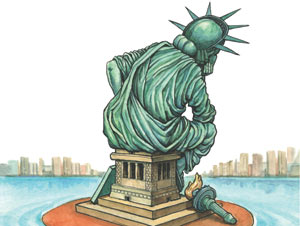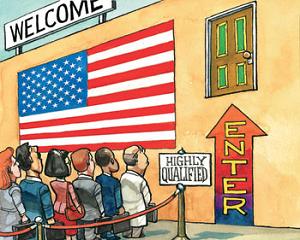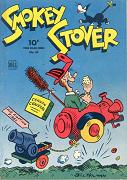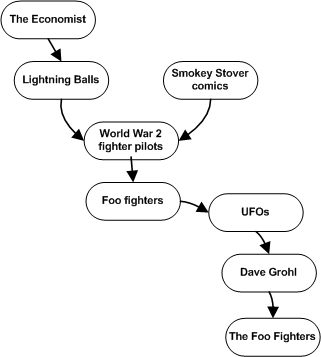With the Tour de France just over and the Olympics now underway, doping in sports is a topical issue. You don’t often hear the argument for doping, but this article from The Economist argues well that doping shouldn’t be cheating.
Why should doping be cheating? There are two arguments against allowing athletes to enhance their abilities by doping:
- Fairness. Athletes go to all sorts of lengths in the quest for a little extra performance – why is doping any more unfair than some of those measures? Why is doping cheating when complex nutritional compounds are not? Why isn’t the new Speedo swimwear that offers a significant advantage unfair? Modern athletes routinely go to great and unnatural lengths to excel – why should doping be any different?
- Safety. The far more compelling argument against allowing doping is on the grounds of safety. Many think that doping is unsafe and in many cases it may be. Unsafe doping should be banned, but if doping were opened up it could be better regulated. Athletes would be required to list exactly what substances are being used thus making regulation easier – and doping safer.
Doping should be allowed or not based on safeness – and there is a case to be made that opening up doping could make it safer for athletes. Interesting.
 According to
According to 
 I recently read an unusual
I recently read an unusual 
 Wikipedia has a detailed
Wikipedia has a detailed  So when the pilots repeatedly saw the erratically moving balls of fire they became known as foo fighters. Because lightning balls (foo fighters) were/are largely unexplained a lot of people think that they are UFOs (rubbish). Someone who is fascinated by UFOs is Dave Grohl who therefore chose the name for his band the Foo Fighters.
So when the pilots repeatedly saw the erratically moving balls of fire they became known as foo fighters. Because lightning balls (foo fighters) were/are largely unexplained a lot of people think that they are UFOs (rubbish). Someone who is fascinated by UFOs is Dave Grohl who therefore chose the name for his band the Foo Fighters.
 The Economist recently published an
The Economist recently published an  Arthur C. Clarke was a very well known science fiction writer who died on March 18 at 90 years old. The Economist always has superb obituary articles (probably my favorite section of the magazine) and this week the
Arthur C. Clarke was a very well known science fiction writer who died on March 18 at 90 years old. The Economist always has superb obituary articles (probably my favorite section of the magazine) and this week the 